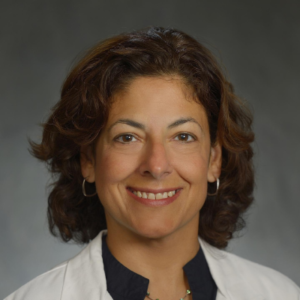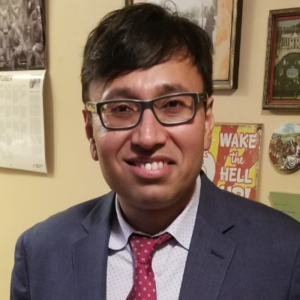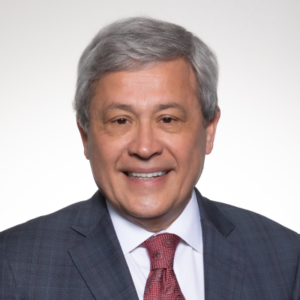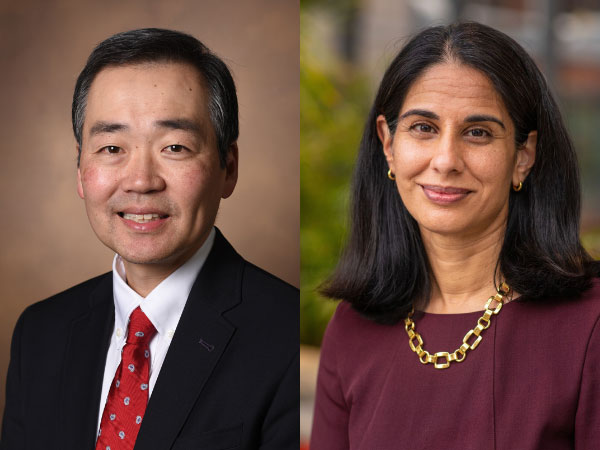To provide a roadmap for accelerating progress against breast cancer over the next 10 years, an expert panel was convened at the 2022 San Antonio Breast Cancer Symposium to identify the biggest obstacles hindering our ability to cure breast cancer and to propose transformative solutions to address these obstacles.
To access this subscriber-only content please log in or subscribe.
If your institution has a site license, log in with IP-login or register for a sponsored account.*
*Not all site licenses are enrolled in sponsored accounts.
Login Subscribe
If your institution has a site license, log in with IP-login or register for a sponsored account.*
*Not all site licenses are enrolled in sponsored accounts.
Login Subscribe










